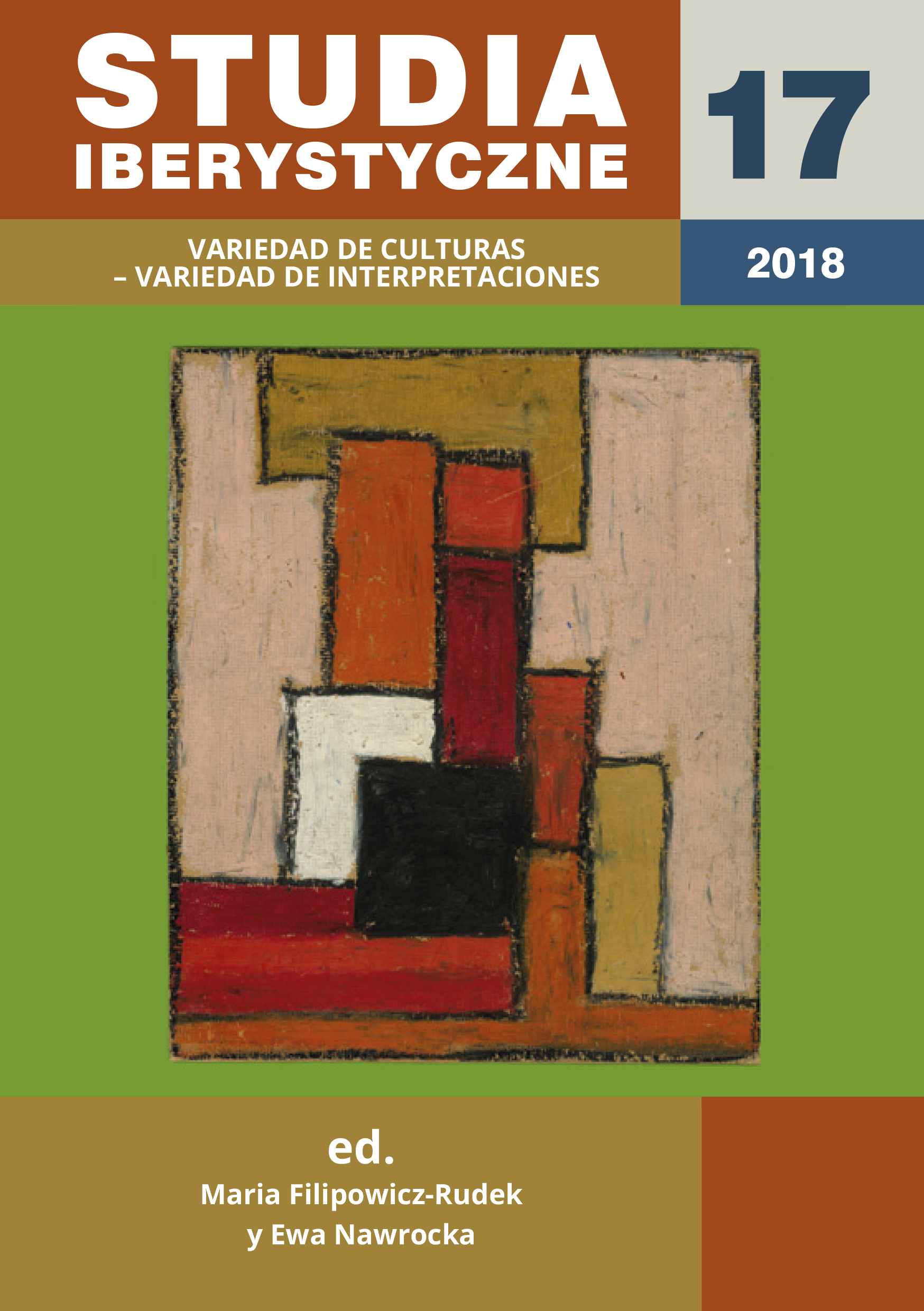Una literatura cómplice. Convención y poética narco en "Comandante Paraíso" de Gustavo Álvarez Gardeazábal
Complicity of the Literature. Narco Convention and Poetics in "Comandante Paraíso" by Gustavo Álvarez Gardeazábal
Author(s): Adriana Sara JastrzębskaSubject(s): Language and Literature Studies, Studies of Literature, Other Language Literature, Philology
Published by: KSIĘGARNIA AKADEMICKA Sp. z o.o.
Keywords: Colombia; narconarrative; narco; Colombian fiction; Gustavo Álvarez Gardeazábal
Summary/Abstract: The article examines the narconarrative (narconovela), a fiction sub-genre or mode in which drug trafficking and its consequences have had repercussions on the aesthetic and axiological configuration of the represented world. Based on the example of Comandante Paraiso (2002), a novel by Gustavo Álvarez Gardeazábal, key elements of the ‘narco’ literary convention and the particular features of its poetics are specified. These are: 1) the represented world based on contrasts and dichotomies, 2) antirealist distortion of the protagonist and his environment by hyperbolization or a variable degree of mythification, 3) “direct participation” expressed usually by the first person narration, 4) incorporation of orality, 5) variety of registers and styles that allows for the interpretation of the narconarrative as a dynamic confrontation of cultural paradigms.
Journal: Studia Iberystyczne
- Issue Year: 2018
- Issue No: 17
- Page Range: 177-194
- Page Count: 18
- Language: Spanish

